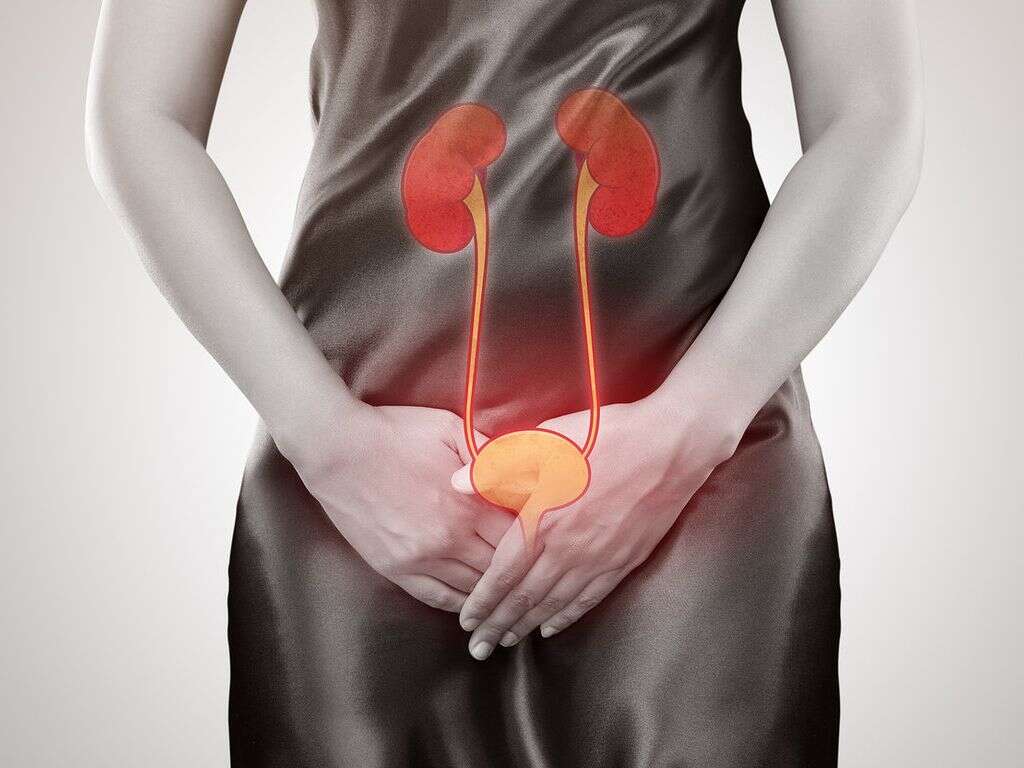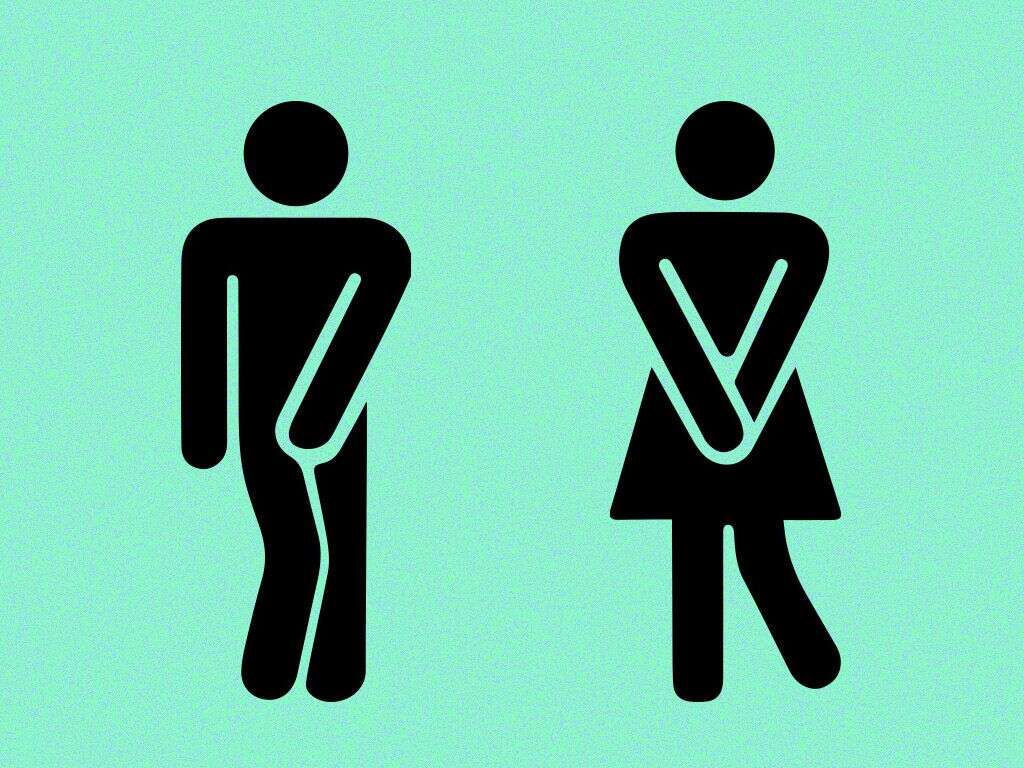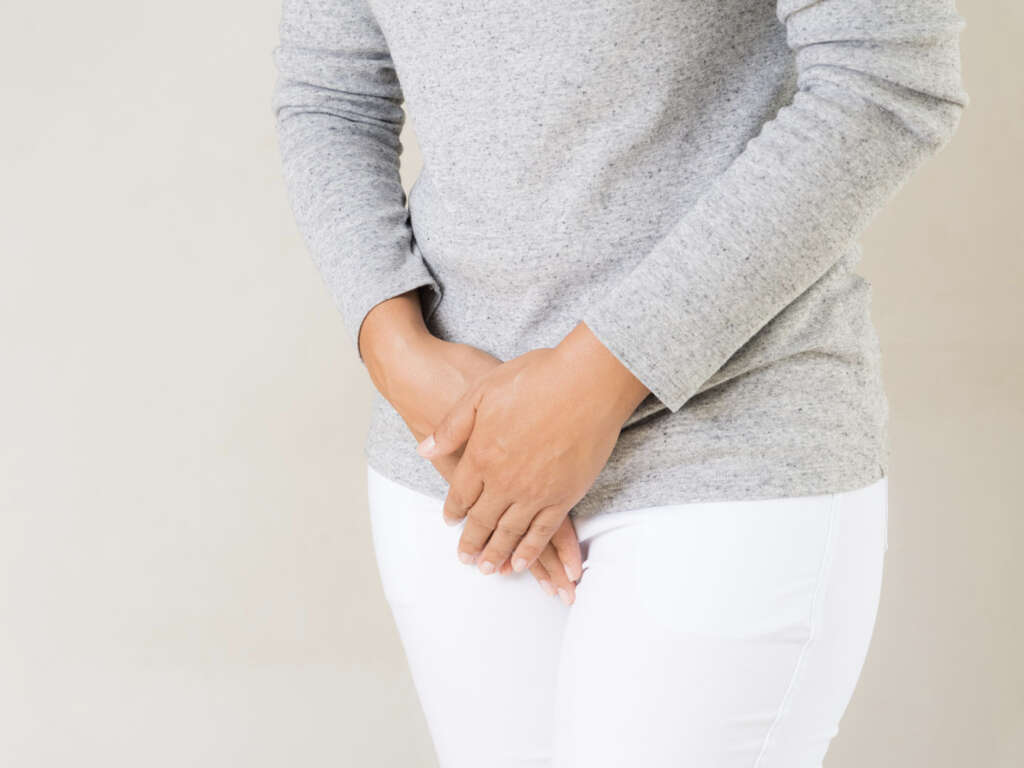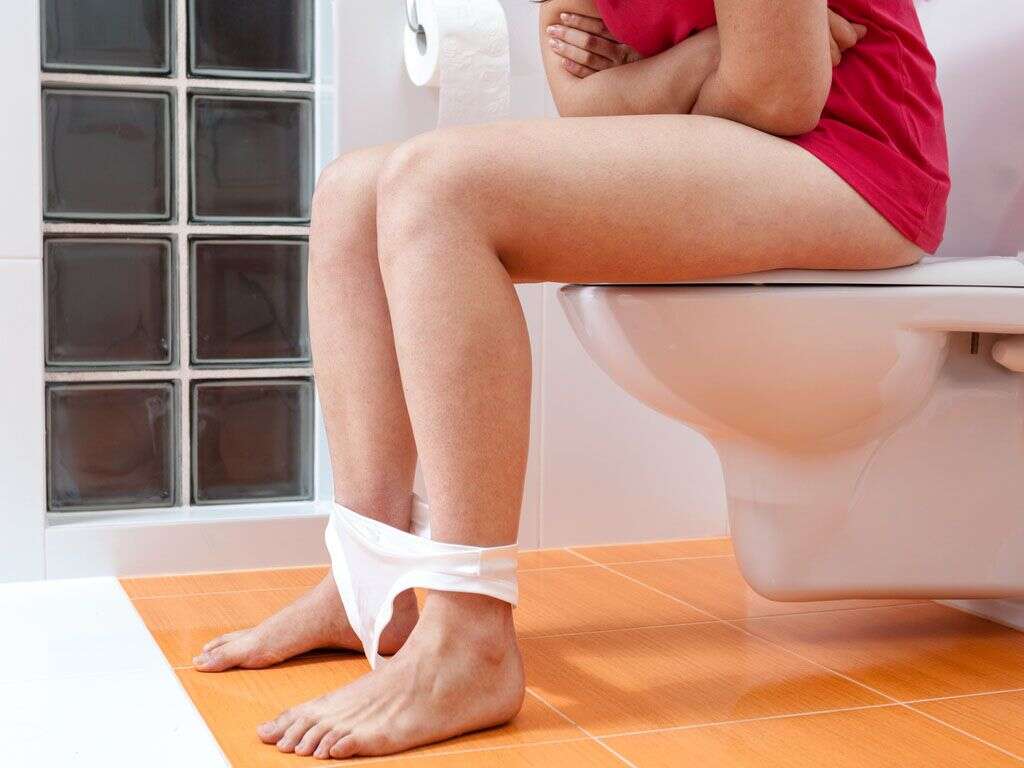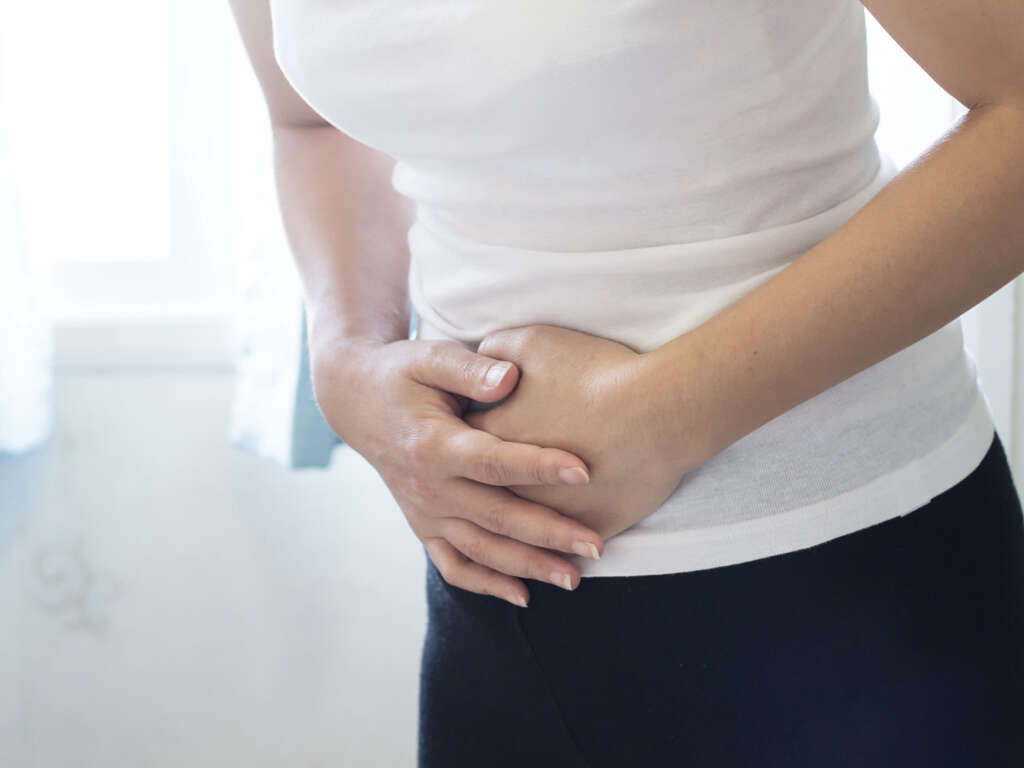10 Causes of Bladder Pain
The urinary bladder is a muscular organ that is hollow. It functions to store urine from the kidneys before being excreted through the act of urination. As urine fills the bladder, the bladder muscles relax to allow the expansion of the bladder.
Urination occurs when the muscles contract, squeezing urine out from the bladder through the urethra. Pain is an uncomfortable and unpleasant sensation that can negatively impact the quality of life.
Below are 10 causes of bladder pain to look out for.
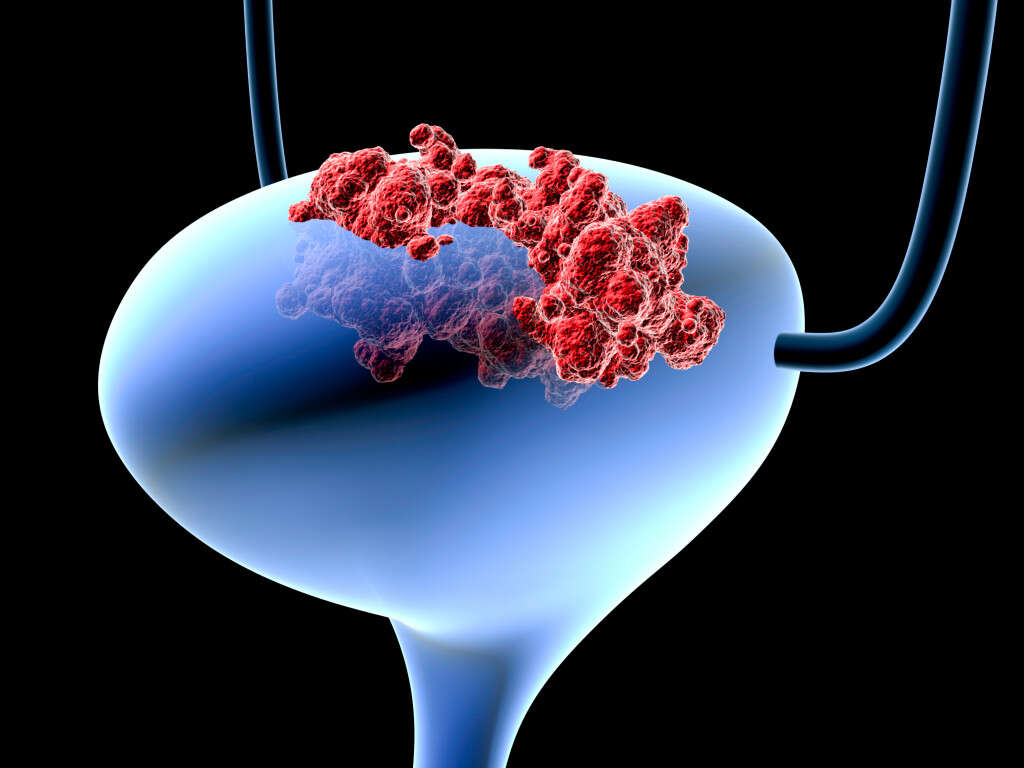
Cause #1: Interstitial Cystitis
Interstitial cystitis is a chronic condition where there is irritation and inflammation of the bladder. This results in stiffening of the bladder wall causing difficulty in expansion of the bladder as it fills with urine. It is a condition more commonly seen among women compared to men.
One of the main symptoms of interstitial cystitis is bladder pain. This pain is strongest when urine fills the bladder and relief is felt once the bladder is emptied. The pain can also be felt in the groin, lower back, and abdomen. It can be treated using medications, bladder instillation, bladder distention, acupuncture, bladder retraining, stress management, pelvic floor exercises, nerve stimulation, surgery, and dietary changes.

Cause #2: Multiple Sclerosis
Multiple sclerosis is a condition where demyelination is seen on the insulating cover of the neurons in the spinal cord and brain. This damage can result in a range of symptoms such as mental, physical, and psychiatric issues. Examples include blindness, double vision, muscle weakness, trouble with coordination, and trouble with sensation.
Symptoms may disappear completely between episodes. Although there is no cure for multiple sclerosis, treatments help to improve function and prevent new episodes. Bladder pain in multiple sclerosis occurs due to bladder spasms that are also associated with urinary incontinence.
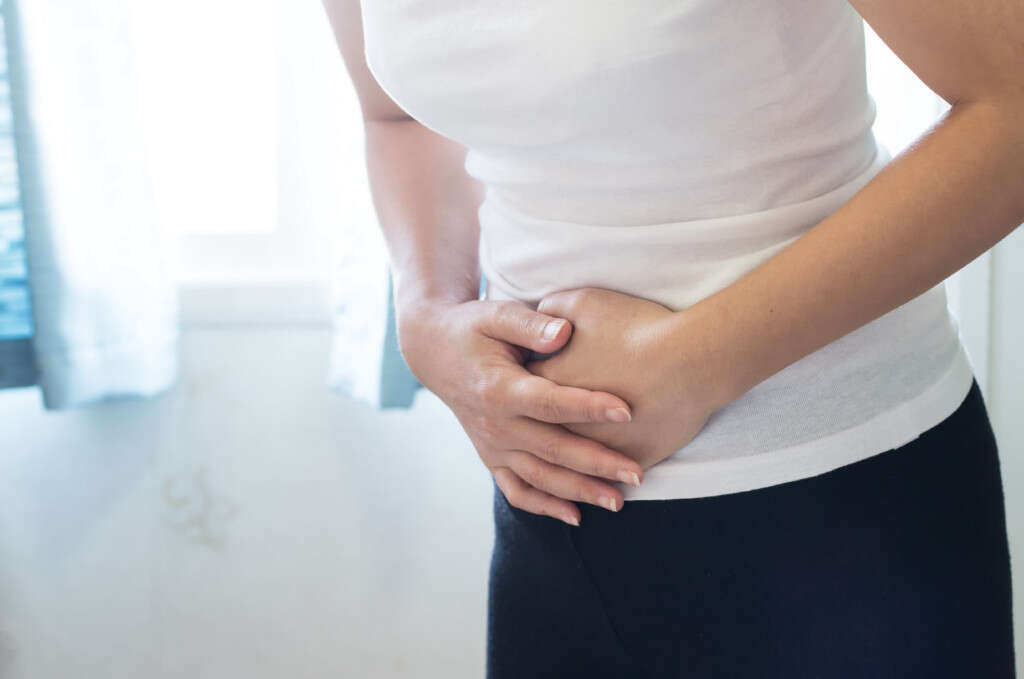
Cause #3: Medication, Food, and Beverage
There are some medications, foods, and beverages that can cause bladder spasms resulting in bladder pain, leakage, and discomfort. Some medications that can cause bladder spasms include a chemotherapy drug known as valrubicin, a diuretic such as hydrochlorothiazide or furosemide, and bethanechol.
Foods that are citrusy, spicy, acidic, or contain chemicals (preservatives) and food additives may also cause irritation of the bladder lining leading to bladder spasms. Examples include artificial sweeteners, alcohol, caffeinated beverages, pickled foods, chocolate, citrus foods or beverages, and tomatoes.

Cause #4: Urinary Tract Infection
A urinary tract infection is an infection that involves the urinary tract. A urinary tract infection can be divided into cystitis (lower urinary tract) or pyelonephritis (upper urinary tract). Individuals with this condition may experience dysuria (pain during urination), fever, flank pain, frequent urination, hematuria, and bladder pain. It is most commonly caused by Escherichia coli.
The risk of a urinary tract infection increases if the individual is female, sexually active, obese, or has diabetes. Treatment involves the use of antibiotics such as trimethoprim/sulfamethoxazole or nitrofurantoin.
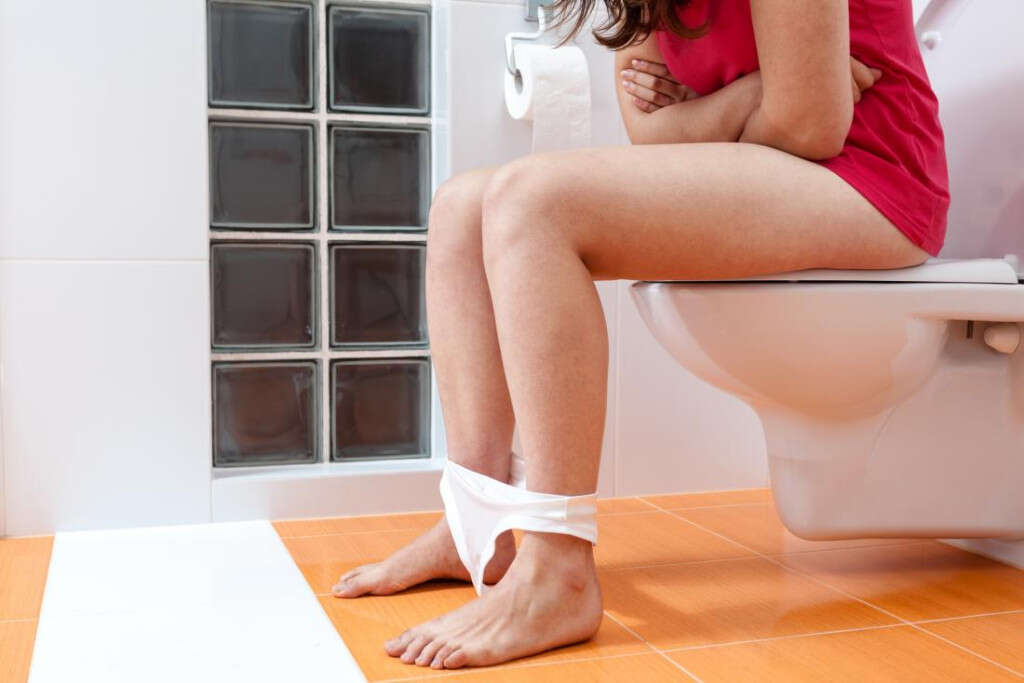
Cause #5: Benign Prostatic Hyperplasia
Benign prostatic hyperplasia occurs when there is noncancerous enlargement of the prostate causing symptoms such as inability to urinate, frequent urge to urinate, difficulty initiating a stream, weak stream, loss of bladder control, and nocturia. It can also lead to complications such as chronic kidney issues, bladder stones, and urinary tract infections.
When benign prostatic hyperplasia causes the inability to urinate, it can lead to acute urinary retention resulting in bladder pain. Treatment of this condition includes lifestyle changes, procedures, medication (alpha blockers or 5-alpha reductase inhibitors), and surgery.

Cause #6: Bladder Stones
A bladder stone refers to a stone that is found in the urinary bladder. These stones are small mineral deposits that develop from concentrated urine or during dehydration. These circumstances allow minerals such as magnesium or calcium to crystallize, which lead to the formation of stones. Symptoms include difficult urination, fever, painful urination, pain in the bladder, frequent urination, lower abdominal pain, back pain, and hematuria.
The pain is usually felt in waves and can be associated with chills, nausea, and vomiting. Treatment depends on the size of the stone and includes increasing fluid intake, fragmentation of stones using a cystoscope, lithotripsy, or surgery.
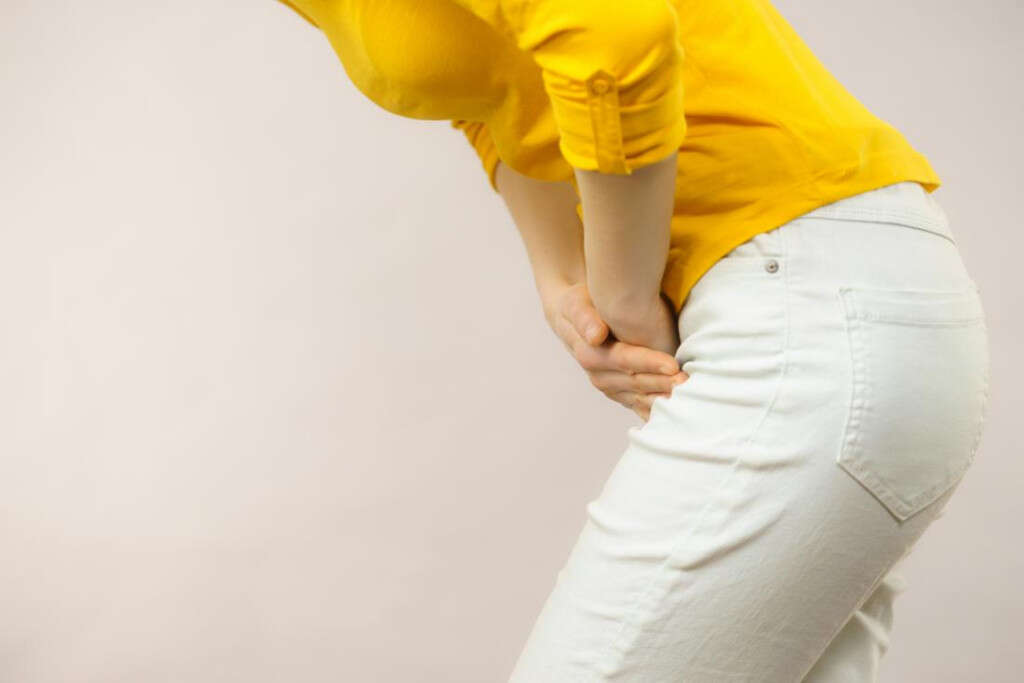
Cause #7: Bladder Cancer
Bladder cancer is cancer that originates from tissues of the urinary bladder. Like any other cancer, it has the potential to invade surrounding structures and spread to other parts of the body. Symptoms of bladder cancer include bladder pain, dysuria (pain during urination), difficulty passing urine, frequent urination, hematuria (blood in the urine), and low back pain.
Types of bladder cancer can be categorized according to histology: adenocarcinoma, squamous cell carcinoma, transitional cell carcinoma, and so on. Treatment depends on the stage of cancer.

Cause #8: Indwelling Urinary Catheter
A catheter describes a medical-grade tube inserted into a duct, body cavity, or vessel to administrate gas or fluids, allow drainage, and access for surgical instruments. An indwelling catheter is a catheter that is permanently or temporarily left in the body. A urinary catheter drains urine from the bladder through the insertion of the tube through the urethra into the bladder.
There are reports indicating that indwelling urinary catheters cause severe discomfort and pain for patients to the point where it impairs the quality of life. Catheters have been associated with bladder spasms causing pain and discomfort in the bladder.
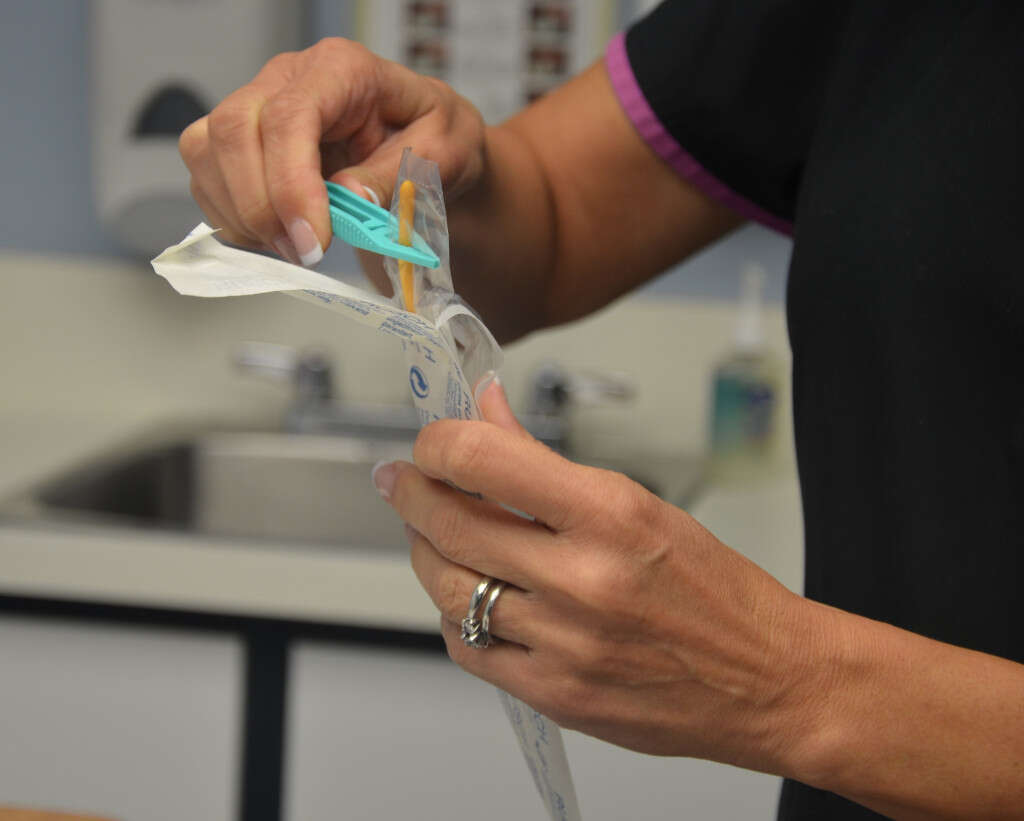
Cause #9: Neurogenic Bladder
Neurogenic bladder is a term describing dysfunction of the urinary bladder because of disease to the central nerves or peripheral nerves that are involved in micturition. Neurogenic bladder generally results in difficulty or inability to pass urine without the help of a catheter.
Some causes of neurogenic bladder include syringomyelia, herniated disks, neural tube defects, brain tumors, diabetes, peripheral neuropathy, alcoholism, and vitamin B12 deficiency. Neurogenic bladder occurs when there is nerve damage. This can lead to a bladder spasm, which results in leakage and pain in the bladder.

Cause #10: Surgery
Surgery refers to a medical specialty where instruments and techniques are used to treat, investigate, repair, and improve the function of the body in patients. The term “surgery” can also refer to the act of performing surgery known as “operation” or “surgical procedure.” It is common knowledge that all surgery, no matter how minor, has risks. Some general complications that could potentially happen are pain, infection, hemorrhage, neurological issues, and iatrogenic injury.
When surgery is performed in the lower abdominal area, it may weaken the pelvic floor muscles or bladder. It can also damage nerves controlling the bladder resulting in spasms that can cause pain. Bladder spasms may happen after surgeries such as Caesarean section, bladder surgery, prostatectomy, and hysterectomy.





